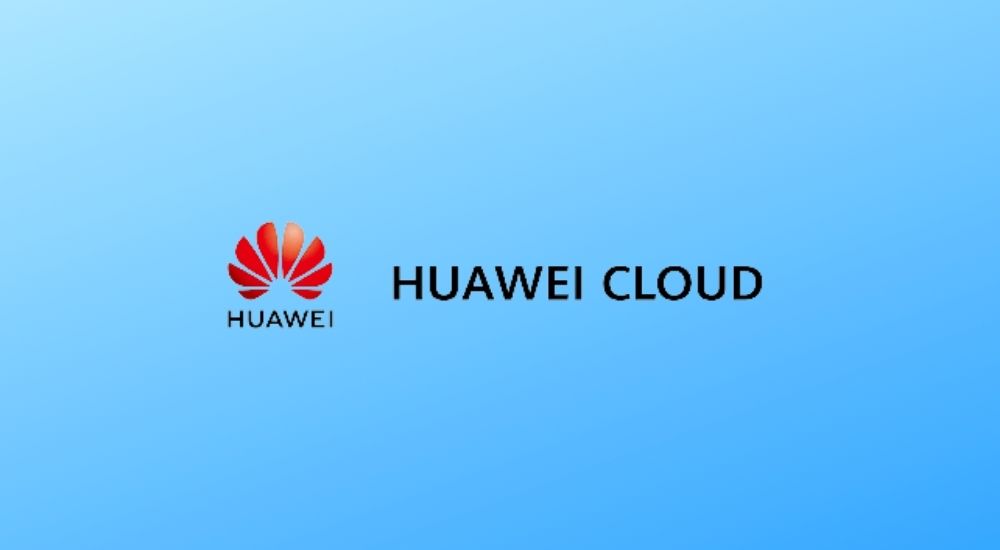Huawei Cloud is leaving in stone unturned in enabling operators to unlock the benefits of connectivity. The company’s latest plans for operator cloud transformation hint at furthering its influence in the cloud business. Peng Song, President of Huawei Carrier BG Marketing & Solution Sales Dept, revealed the plan at the Carrier Cloud Transformation Summit during Win-Win·Huawei Innovation Week.
The Win-Win·Huawei Innovation Week was held from July 18 to July 21 in Shenzhen, China.
Mr. Song explained how Huawei is bringing support to these transformations by helping increase network value, accelerate service innovation, and optimize telecom operations. He claimed these will help telcos unleash the benefits of connectivity.
Cloud service is these days becoming a key part of industrial digital transformation. It is a key digital economic factor as it has the ability to reshape the structure and market of industries.
Similarly, Cloud has become an integral part of telecom service. Mr. Song shares that 15% of telcos could develop and fully implement a cloud strategy by 2023. That means the telecommunication cloud market will be worth billions.
To support this revolution and exploit its advantages has become a need for industry. For this, operators must stress the construction of a more efficient and resilient ICT infrastructure.
He prefers that telcos’ cloud transformation be based on communication technology (CT). He also wishes that operators should leverage the unique strengths of the telecom industry and cloud transformation to multiply the value of their networks and services.
Also see: Huawei Cloud is the Fastest Growing Cloud Service in APAC
Three ways Huawei Cloud can enable the Benefits of Connectivity
Mr. Song emphasized three areas operators must focus on to seize the opportunities to cash in.
First, in terms of network value, operators need to expand network boundaries with the help of the cloud and improve network value in the B2B market. This will ensure benefit to more customers. Networks are operators’ major assets. operators can capitalize and advance cloud transformation in a synergistic way.
In China, Huawei provides network and edge cloud capabilities to Chinese companies. This has allowed operators to provide their enterprise customers with solutions for higher productivity, enlarging their addressable market by 25%.
Second, in terms of digital innovation, operators must prioritize building cloud platforms for digital service innovation. They can use those to launch new services quicker. In addition, collaborative cloud platforms that bridge telecom services and digital services can also accelerate innovation and improve their customer acquisition capabilities.

In Europe, Huawei has already helped operators migrate hundreds of services to the Huawei Cloud. As a result, operators are able to shorten the time-to-market for new services by 75% through the use of an agile development platform and telecom PaaS capabilities.
Third, in terms of telecom operations, Mr. Song shares that operators need to use pre-integrated cloud solutions that are specifically designed for the telecom industry to support the sustainable growth of their primary business.
Cloud transformation of telecom services necessitates cloud platforms with a distributed architecture. This is to be able to meet the data security and management requirements of telco service architectures.
Check out: Nepal has Great Potential for Digital Transformation: Huawei Nepal CEO
Huawei has helped over 120 operators migrate services to the Cloud
A logical time-frame for cloud transformation is also vital to make sure services are efficiently migrated to the cloud.
In Asia, Huawei has availed of its distributed cloud services to operators to handle a range of services. Huawei’s distributed data lake has helped improve 5G package marketing success by a large 180%.
Mr. Song stated that operators need to establish strategic partnerships with those who understand the telecom industry.
Check out: Smart City in Nepal; More Digital Infrastructure needed
By the end of 2021, Huawei worked with over 120 operators worldwide for cloud services. The company says it will continue to invest further into the ICT and leverage its localized service capabilities. By doing this, Huawei seeks to enable operators to unleash the maximum benefits from its cloud platform.













